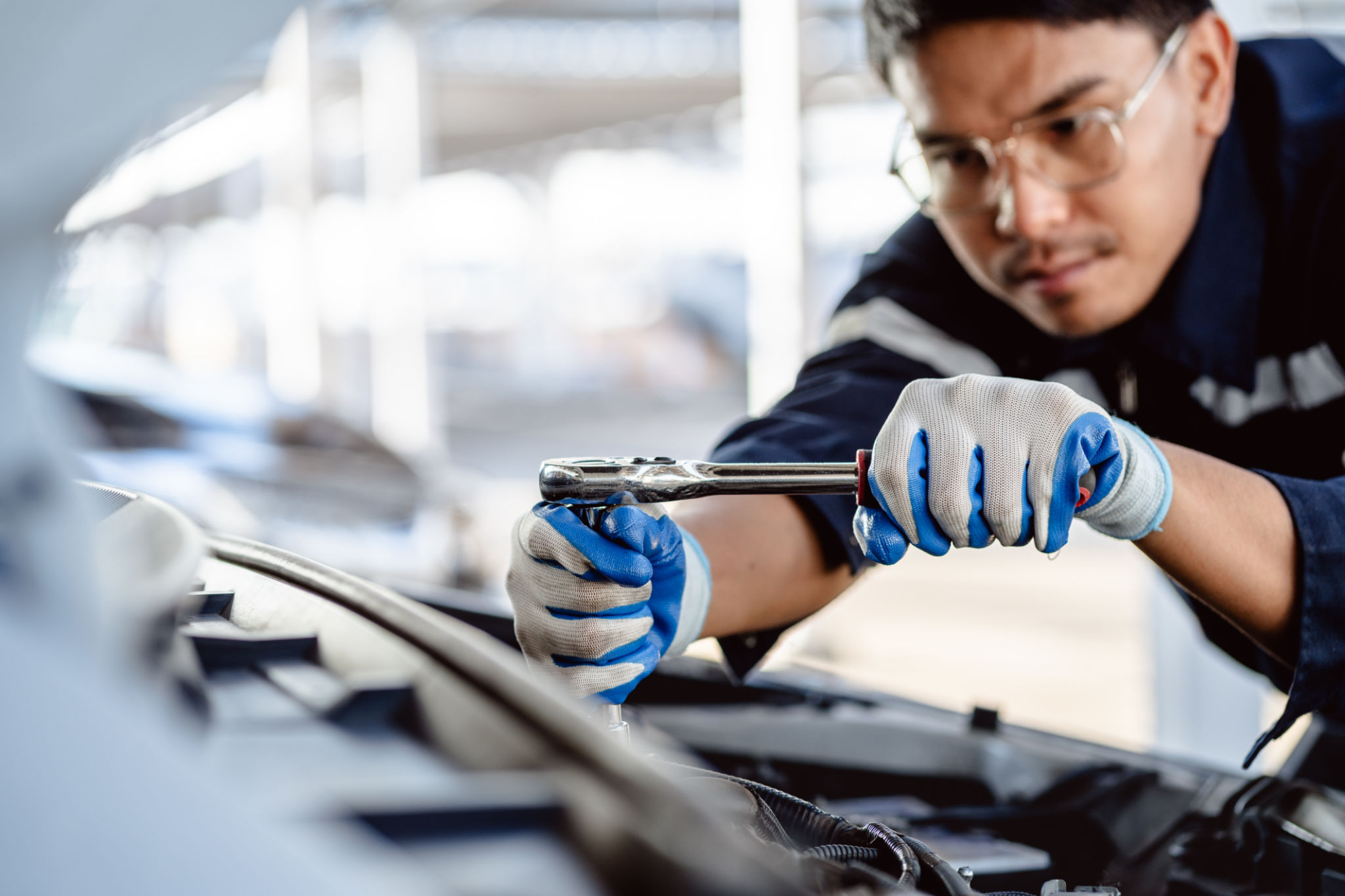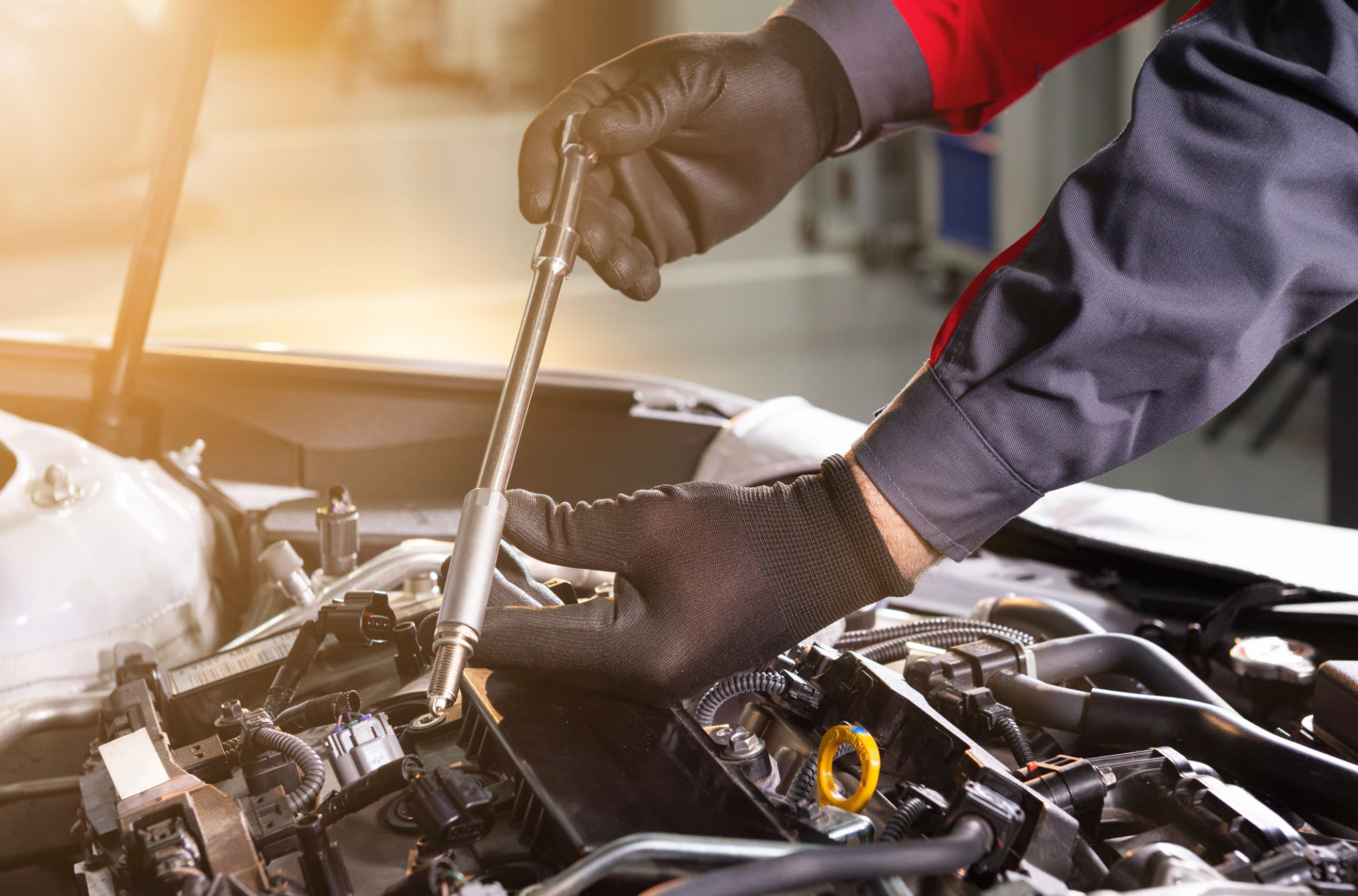DIY Car Troubleshooting: When to Call a Professional
Understanding Your Car's Symptoms
As a car owner, it's beneficial to have basic troubleshooting skills. This knowledge can save you time and money by addressing minor issues before they escalate. However, it's crucial to recognize when a problem requires professional attention. A keen understanding of your vehicle's symptoms will help you make informed decisions.
Common issues such as strange noises or changes in performance can often be diagnosed with some basic checks. For instance, a squealing sound when you apply brakes might indicate worn brake pads, while sluggish acceleration could be a sign of clogged fuel filters.

Simple Checks You Can Perform
Before rushing to the mechanic, there are several simple checks you can perform yourself. Here are a few:
- Check fluid levels: Ensure that your engine oil, brake fluid, and coolant levels are adequate. Low levels can lead to poor performance and potential damage.
- Inspect your battery: Look for corrosion around the terminals and ensure connections are tight. A weak battery can cause starting problems.
- Examine tire pressure: Proper tire inflation is vital for safety and fuel efficiency. Use a gauge to check if your tires are inflated to the recommended PSI.
These basic steps can often resolve minor issues or prevent them from becoming severe. However, if the problem persists, further investigation is needed.
When to Call a Professional
While DIY troubleshooting is valuable, there are instances when calling a professional is the best course of action. Here are some scenarios where expert intervention is advisable:
- Unusual sounds persist: If strange noises continue after your checks, specialized tools and expertise may be required to diagnose the problem.
- Electrical issues: Modern vehicles have complex electrical systems that can be challenging to troubleshoot without professional equipment.
- Check engine light remains on: This can indicate various issues that require diagnostic tools available at auto repair shops.

The Risks of Ignoring Problems
Ignoring car problems can lead to more significant damage and higher repair costs. For example, driving with a faulty transmission or ignoring a misfiring engine can result in catastrophic damage over time. It's essential to address issues promptly to avoid costly repairs or even jeopardizing your safety.
Regular maintenance is another critical factor in preventing problems. Routine services such as oil changes, brake inspections, and tire rotations can help detect issues early, ensuring your vehicle runs smoothly.

Selecting the Right Professional
When it comes to selecting a professional mechanic, consider factors such as expertise, reputation, and cost. Look for certified professionals who specialize in your vehicle's make and model. Reading online reviews and asking for recommendations from friends can also help you choose the right service provider.
Getting a second opinion is always a wise choice if you're unsure about a diagnosis or repair estimate. Transparency and communication with your mechanic are key to ensuring you receive quality service at a fair price.
Conclusion
DIY car troubleshooting empowers you as a vehicle owner by equipping you with the knowledge to handle minor issues confidently. However, recognizing when to call a professional is equally important in maintaining your car's health and safety. By combining self-assessment with expert advice, you can ensure your vehicle remains reliable on the road.
Stay proactive with regular maintenance and don't hesitate to seek professional help when necessary. Your car will thank you for it with years of smooth performance.